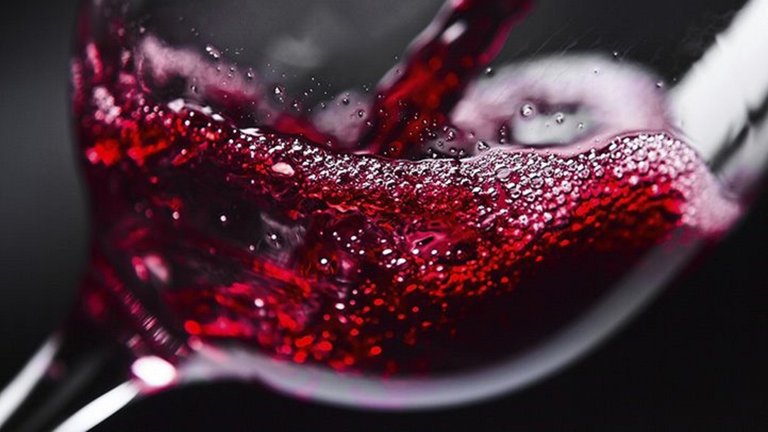
With contradictory studies about red wine's benefits, many wine drinkers are confused. Here’s the scoop.
Enjoy unwinding at the end of the day with a glass of wine? While there's no doubt that drinking wine – or any alcoholic beverage – in excess can adversely affect your health, career, and social relationships, there's some evidence that moderate consumption of wine may have significant health benefits. Still, some health professionals continue to warn against the dangers of alcohol consumption, making it hard to piece together the real story about wine, your health, and longevity. It appears the jury is still out on whether red wine is really good or bad for you.
Much of the interest in wine and red wine in particular has to do with antioxidants. Known as polyphenols, they are thought to protect your body's cells and tissues against damage that can lead to the development of diseases such as cancer and heart disease.
The polyphenols in wine primarily come from the colored skins of grapes, so red wine tends to have a greater concentration of polyphenols than white wine, according to Georges Halpern, MD, PhD, a professor of pharmaceutical sciences at Hong Kong Polytechnic University and a researcher of the health benefits of wine. "It seems that these substances in higher concentration have a better protective effect on the cardiovascular system and possibly other systems," Dr. Halpern says.
Heart Health and Red Wine
Over the past 20 years or so, many journals have published studies about how drinking alcohol, particularly red wine, may protect the heart, according to the American Heart Association. So when researchers challenged that notion in a 2014 study published in JAMA Internal Medicine, they raised some eyebrows. The researchers studied Italians who consumed large amounts of the polyphenol resveratrol and found it did not protect them from developing heart disease or cancer.
Additional Benefits of Red Wine
There is some research showing that wine may have other health benefits, as well, including:
Protecting against certain cancers. A study published in Advances in Experimental Medicine and Biology in 2014 found that resveratrol may prevent head and neck cancer. The resveratrol kills damaged cells that can lead to cancer, the researchers wrote. Another study, published in 2014 in the Royal Society of Chemistry’s Food & Function, found that the more polyphenols, particularly resveratrol, in wine, the more the wine protects against colon cancer.
Slowing memory loss. Researchers at the Texas A&M Health Science Center College of Medicine found that resveratrol may help prevent age-related memory decline. They published the findings from their study of rats in “Scientific Reports” in January 2015.
Fighting weight gain. Researchers in Korea found that the compound piceatannol, which is found in red grapes and is similar to resveratrol, can block cellular processes that allow fat cells to develop and grow. Piceatannol could be used as a weapon against weight gain, the researchers wrote in their study, which was published in The Journal of Biological Chemistry in 2012.
Protecting against dental disease. A 2014 study published in the Journal of Agricultural and Food Chemistry found that red wine may kill dangerous bacteria in your mouth that could cause dental diseases, including cavities.
On The Other Hand…
Other research has found that wine consumption is associated with increased risk for:
Certain cancers. A study published in Alcohol and Alcoholism in 2012 found that drinking wine could increase a woman’s risk for breast cancer. According to Cancer Research UK, alcohol consumption also increases the chances of developing mouth, throat, liver, and bowel cancer in some people.
Alcoholism. For some people, drinking wine or other types of alcohol can lead to alcoholism. "Some people become alcoholics very easily,” says Halpern. Getting the condition under control can be very difficult.
While research and the debate continue, the key seems to be moderation. Drink too much and you can damage your body, but in moderation — one glass a day for women and two a day for men — you might enjoy alcohol’s health benefits.
If you prefer not to drink alcohol, the good news is that you can get the same health benefits from wine with significantly lower alcohol levels, Halpern says.
Hi! I am a robot. I just upvoted you! I found similar content that readers might be interested in:
https://www.everydayhealth.com/longevity/is-red-wine-good-for-you.aspx